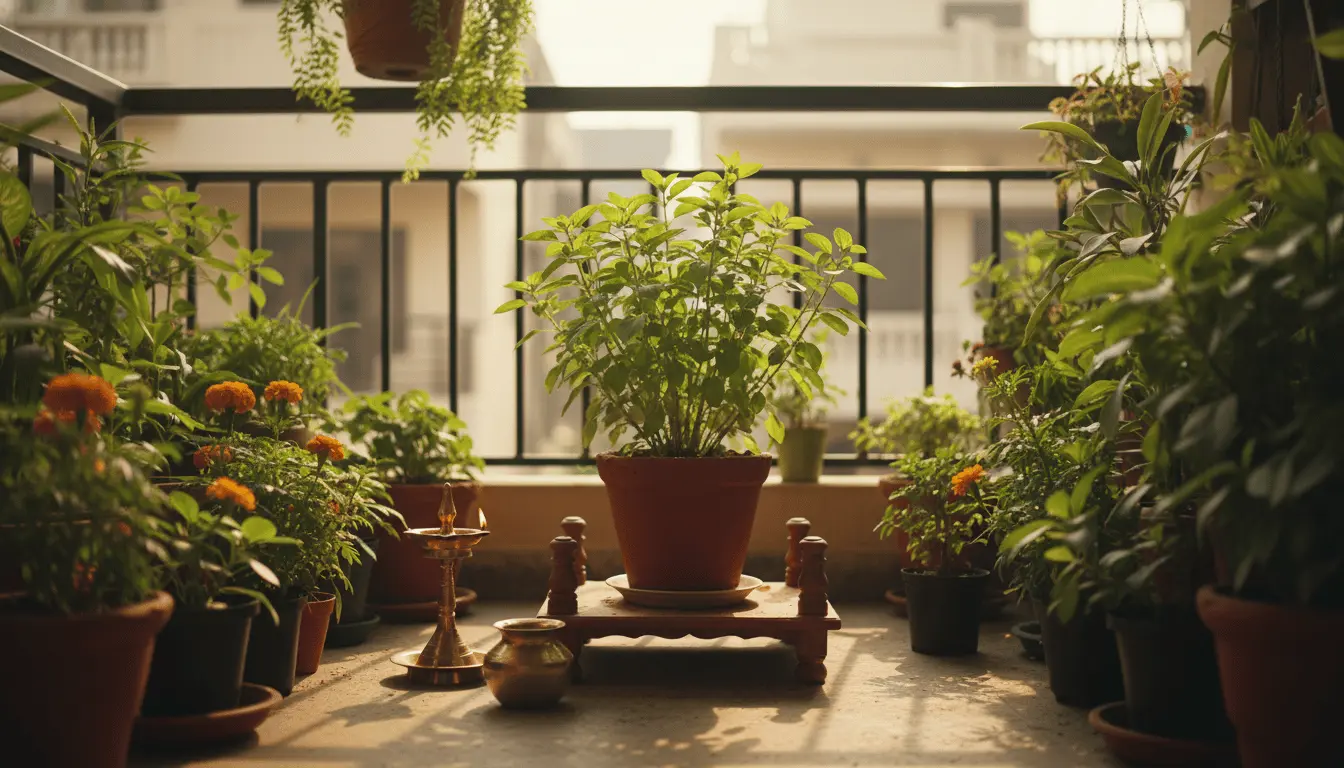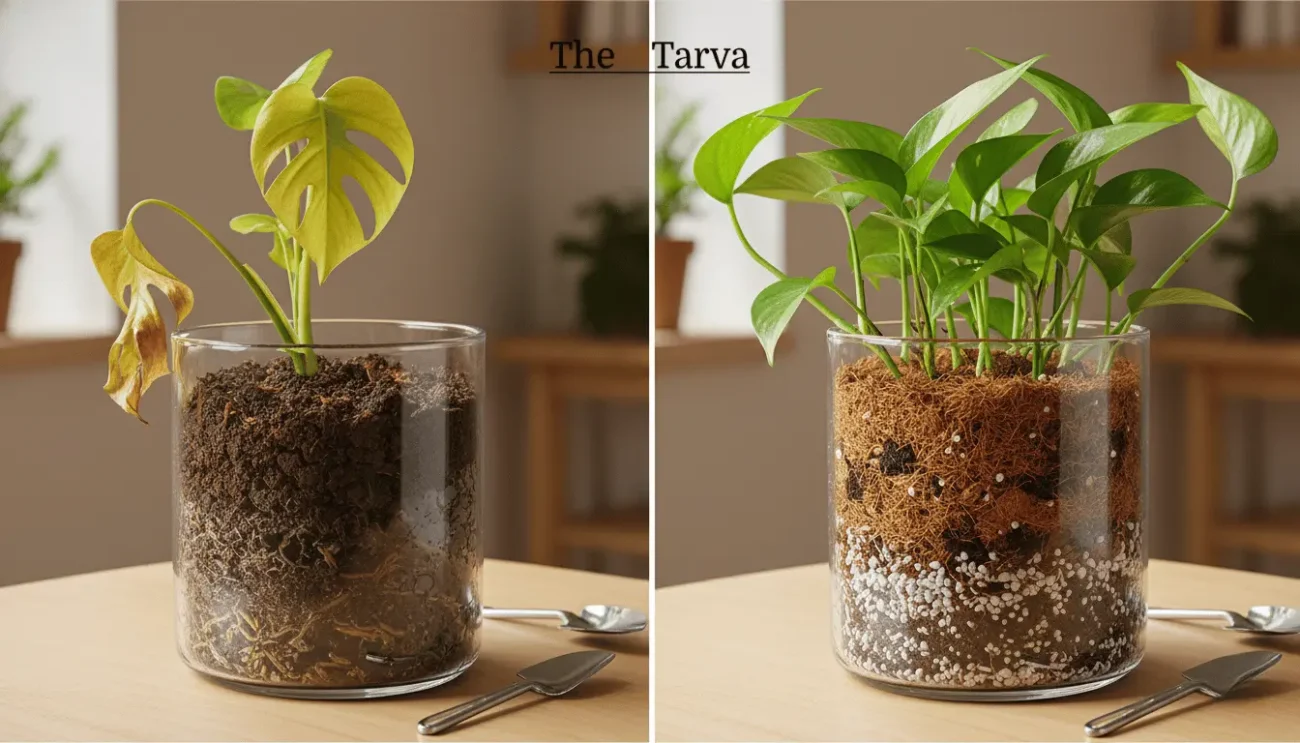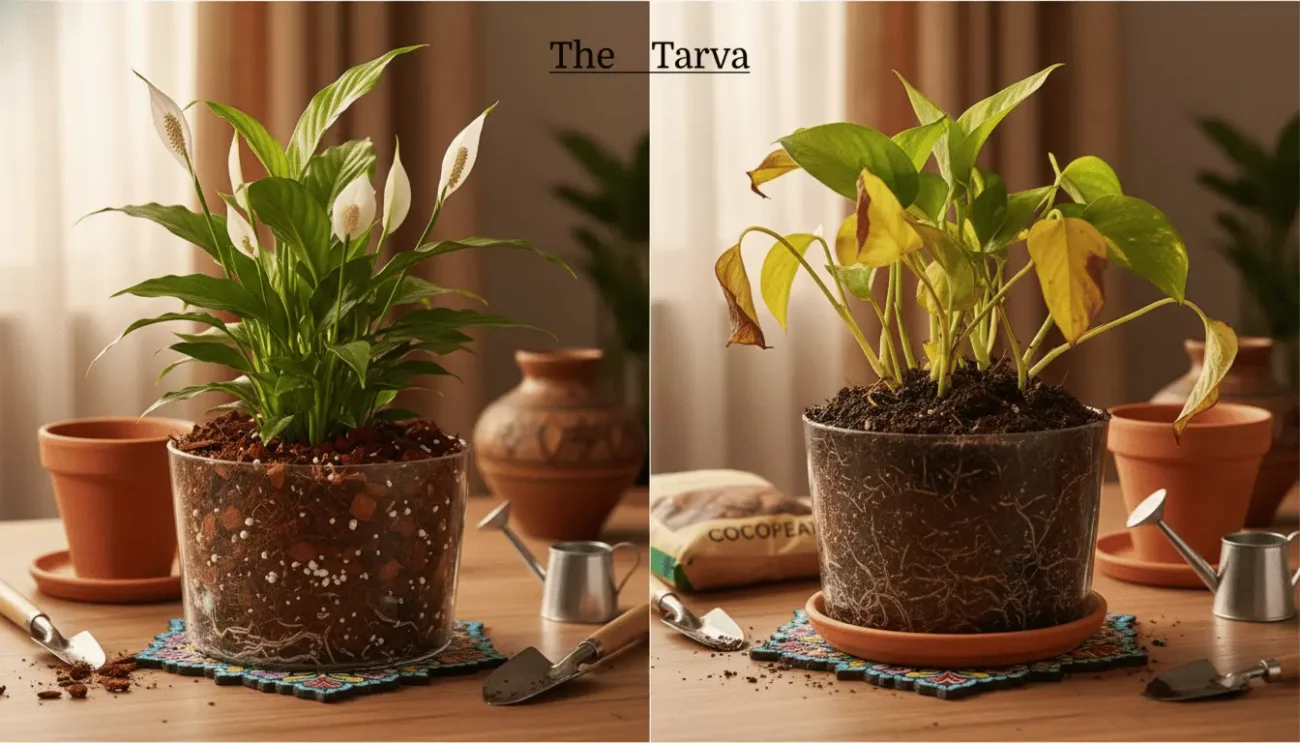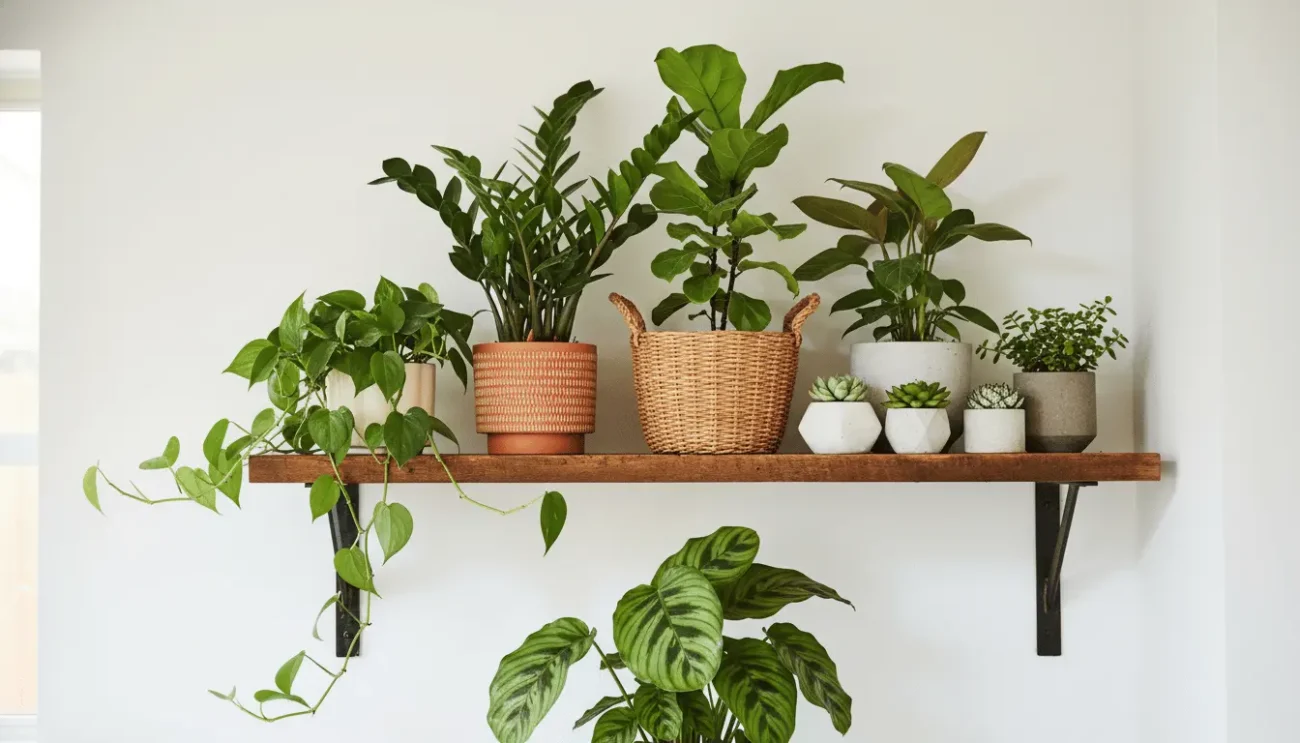
How to Grow Tulsi at Home: Care & Spiritual Benefits
Tulsi, also known as Holy Basil (Ocimum tenuiflorum), holds a special place in Indian households. Revered in Ayurveda, spirituality, and daily rituals, Tulsi is not just a plant—it’s considered sacred. From boosting immunity to purifying the environment, the benefits of Tulsi are endless. Growing Tulsi at home is simple, and with the right care, it can thrive beautifully while also uplifting the energy of your living space.
At The Tarva, we aim to bring you plants that enhance both your health and lifestyle. Tulsi is one such must-have plant for every Indian home. In this blog, we’ll guide you through how to grow Tulsi at home, care tips, and its spiritual benefits.
Why You Should Grow Tulsi at Home
- Medicinal Value: Tulsi leaves are packed with antioxidants, essential oils, and nutrients that help strengthen immunity, fight infections, and reduce stress.
- Air Purification: The plant releases oxygen and absorbs toxins, making indoor air healthier.
- Spiritual Significance: In Hindu households, Tulsi is worshiped as a sacred plant and is believed to bring positivity and harmony.
- Low Maintenance: Tulsi adapts well to Indian climates and can be grown easily in pots or gardens.
Step-by-Step Guide: How to Grow Tulsi at Home
1. Choosing the Right Tulsi Variety
There are several types of Tulsi grown in India:
- Rama Tulsi: Light green leaves, cooling in nature.
- Krishna Tulsi: Purple leaves, strong medicinal properties.
- Vana Tulsi: Wild variety, aromatic and commonly found in forests.
For home growing, Rama and Krishna Tulsi are most common and beneficial.
2. Soil Requirements
Tulsi thrives in well-drained, nutrient-rich soil. A mix of garden soil, sand, and organic compost in equal proportions works best.
- pH level: Slightly acidic to neutral (6.0–7.5).
- Use The Tarva’s organic potting mix enriched with cow manure and perlite to ensure healthy growth.
3. Pot Selection
Tulsi grows well in medium-sized pots (8–12 inches deep) with good drainage holes. If you’re keeping it indoors, ceramic or terracotta pots work well as they allow proper aeration.
4. Planting Tulsi
You can grow Tulsi from seeds or cuttings.
- Seeds: Sow 2–3 Tulsi seeds about 1 cm deep in the soil, cover lightly, and water gently. Seeds germinate within 1–2 weeks.
- Cuttings: Take a healthy 4–6 inch stem cutting from an existing Tulsi plant. Place it in water until roots develop, then transfer to soil.
5. Light Requirements
Tulsi loves sunlight. Ensure it gets at least 4–6 hours of direct sunlight daily. If growing indoors, place it near a sunny window or balcony.
6. Watering Needs
- Water Tulsi moderately, keeping the soil moist but not waterlogged.
- In summers, daily watering may be required, while in winters, reduce frequency.
- Avoid overwatering, as it may lead to root rot.
7. Pruning and Maintenance
- Regularly pinch off the top leaves to encourage bushy growth.
- Remove flowers once they appear to extend the plant’s lifespan.
- Dust leaves occasionally with a damp cloth to keep them healthy.
8. Fertilization
Feed your Tulsi with organic fertilizers like cow dung manure or liquid compost once every 4–6 weeks. Avoid chemical fertilizers, as they may affect medicinal properties.
9. Protecting Tulsi from Pests
Common pests include aphids and spider mites. Spray neem oil solution every 2–3 weeks as a natural preventive.
Spiritual Benefits of Growing Tulsi at Home
- Sacred Rituals
Tulsi is worshiped daily in Hindu households and is considered the earthly manifestation of Goddess Lakshmi. Offering water to Tulsi every morning is believed to bring blessings and prosperity. - Positive Energy
According to Vastu Shastra, Tulsi purifies the atmosphere and promotes positivity. Placing Tulsi in the east, north, or northeast direction is considered highly auspicious. - Tulsi Vivah
The ceremonial marriage of Tulsi to Lord Vishnu is celebrated annually, marking the beginning of the Hindu wedding season. - Calming Effect
Burning dried Tulsi leaves or keeping the plant near living spaces is said to reduce stress and promote mental clarity.
Medicinal Benefits of Tulsi
- Immunity Booster: Regular consumption of Tulsi tea strengthens immunity.
- Respiratory Health: Helps in cold, cough, and asthma relief.
- Stress Reliever: Adaptogenic properties help reduce stress and anxiety.
- Skin & Hair Care: Tulsi paste or extract is used in Ayurveda for acne, dandruff, and overall skin health.
- Detoxifying Agent: Acts as a natural detoxifier, cleansing the body of toxins.
The Tarva and Tulsi: Why Buy with Us
At The Tarva, we believe Tulsi belongs in every home. We offer:
- Healthy Tulsi Plants ready to thrive in your space.
- Organic Potting Mixes to enrich growth naturally.
- Terracotta and Ceramic Pots perfect for indoor or outdoor placement.
- Expert gardening tips to help your Tulsi flourish.
Whether you want Tulsi for its spiritual essence, health benefits, or simply as a lush green companion, The Tarva makes it easy to bring Tulsi into your home garden.
Conclusion
Tulsi is not just a plant—it’s a symbol of purity, health, and positivity. With minimal care, Tulsi can thrive in Indian homes, offering countless spiritual and medicinal benefits. Growing it at home connects you with tradition, wellness, and nature all at once.
So, if you haven’t already, bring Tulsi into your life today. At The Tarva, we make this journey simple, providing everything you need to grow, nurture, and benefit from this sacred plant.





